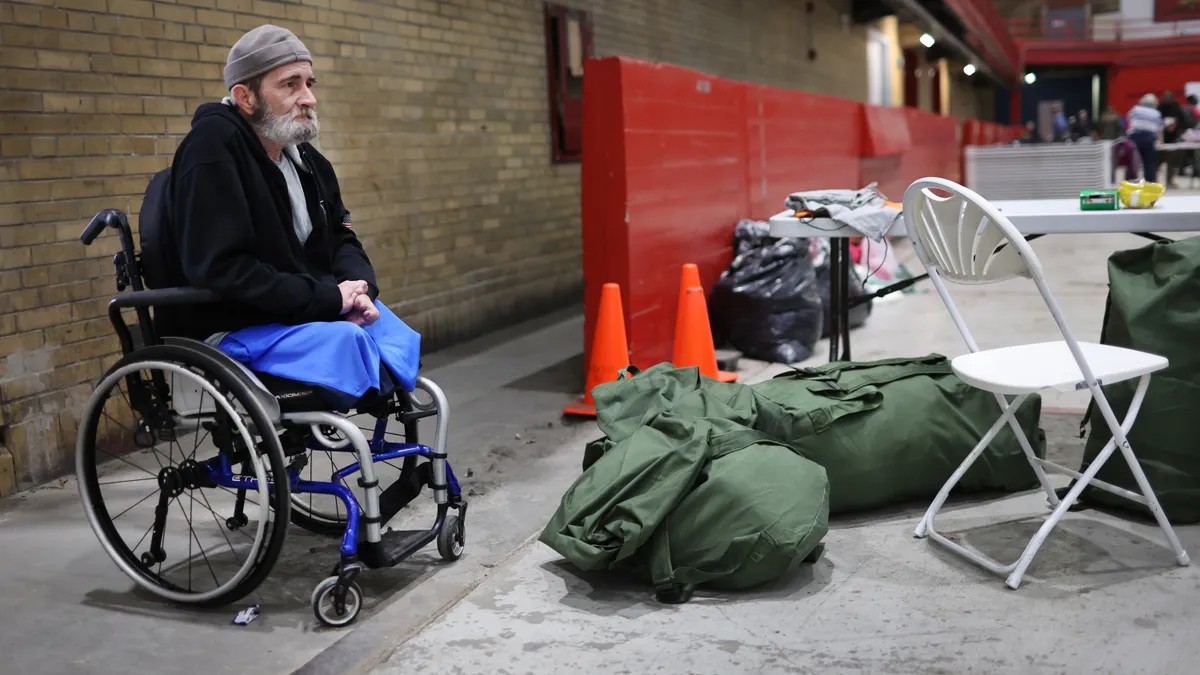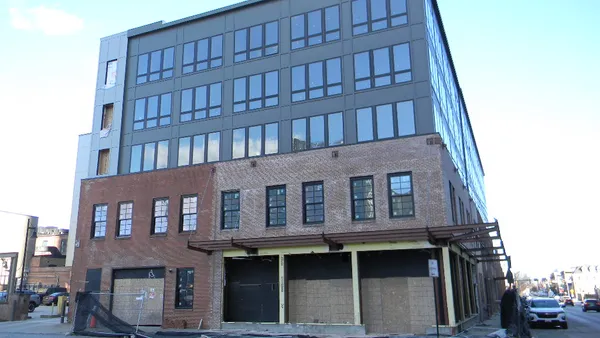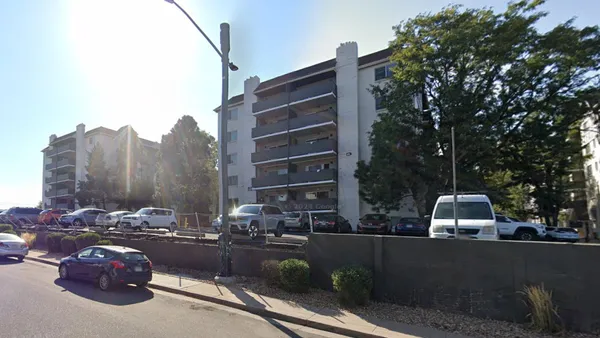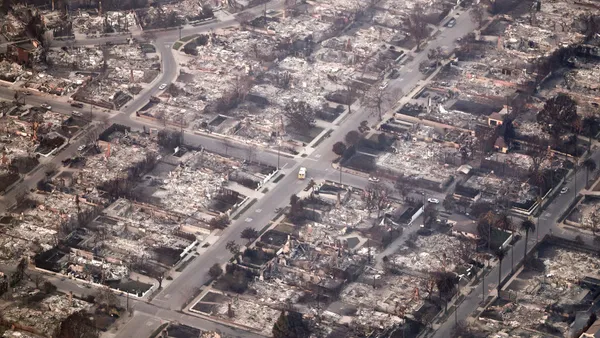Veterans experiencing homelessness may now have an easier time accessing supportive housing due to a policy change announced on Aug. 8 by the U.S. Department of Housing and Urban Development.
The change allows homeless veterans to be eligible for certain supportive housing developments, even if they receive benefits from the Department of Veterans Affairs that would previously have made them ineligible. Before the change, benefits that veterans received due to injury or illness caused by military service were considered income, resulting in some people exceeding the income threshold for such developments, according to a news release.
“The days of a [veteran] having to choose between getting the VA benefits they deserve and the housing support they need are finally over,” Veterans Affairs Secretary Denis McDonough said in a statement.
The U.S. Conference of Mayors celebrated HUD’s announcement in a news release. A delegation of mayors traveled to Washington, D.C., earlier this year to advocate for this change, among others. “Our federal policy should support veterans, not work against them,” Columbus, Ohio, Mayor Andrew Ginther, who is also the president of the U.S. Conference of Mayors, said in a statement.
The U.S. has made solid progress in driving down veteran homelessness over the last decade. Less than half the number of veterans experienced homelessness last year as they did in 2010, according to point-in-time counts. Even so, the U.S. has more than 35,500 veterans experiencing homelessness, according to the 2023 nationwide point-in-time count.
Some experts credit federal investment in the HUD-Department of Veterans Affairs Supportive Housing program for the drop in veteran homelessness, The New York Times reports. The HUD-VASH program, as it is known, combines HUD’s housing choice voucher rental assistance with the Veterans Affairs Department’s case management and supportive services.
HUD is making HUD-VASH available to a larger swath of veterans by requiring all public housing agencies that administer it to make it available to those who make up to 80% of the area median income, rather than 50%. Using the higher threshold was previously an option for local agencies, but many have already adopted it, HUD said in a news release.
The federal housing agency also awarded $20 million to public housing agencies to support HUD-VASH. One of the communities that received funding is Madison, Wisconsin, where officials spoke to the value of HUD’s new guidance and the $68,320 in funds that Madison’s Community Development Authority received.
"With this additional funding and flexibility, we'll be able to continue to grow the HUD-VASH program and get veterans into housing faster with less money out of pocket,” Madison Department of Planning, Community and Economic Development Director Matt Wachter said in a statement.












